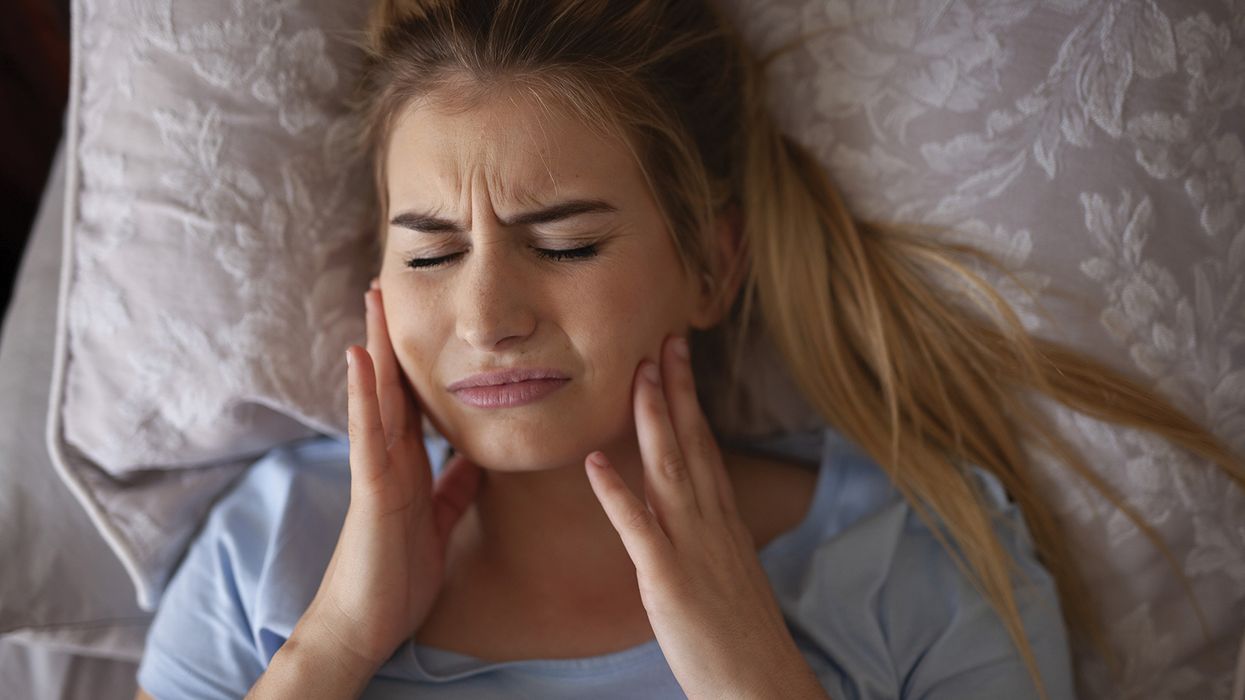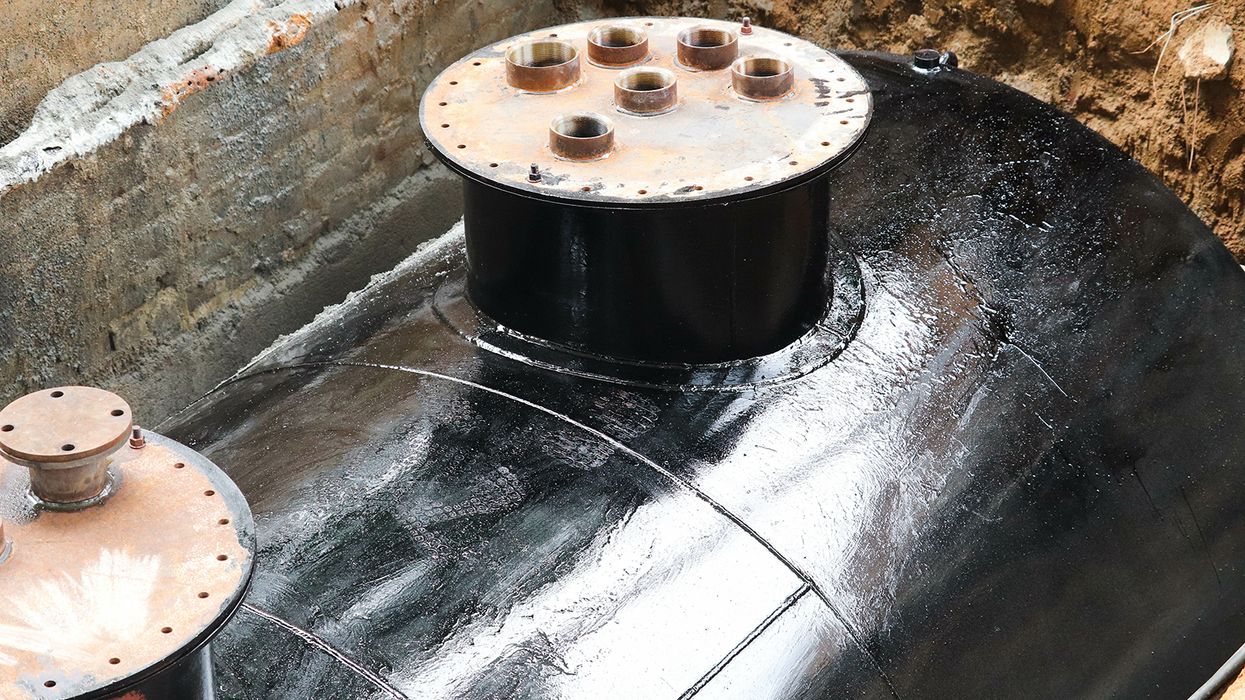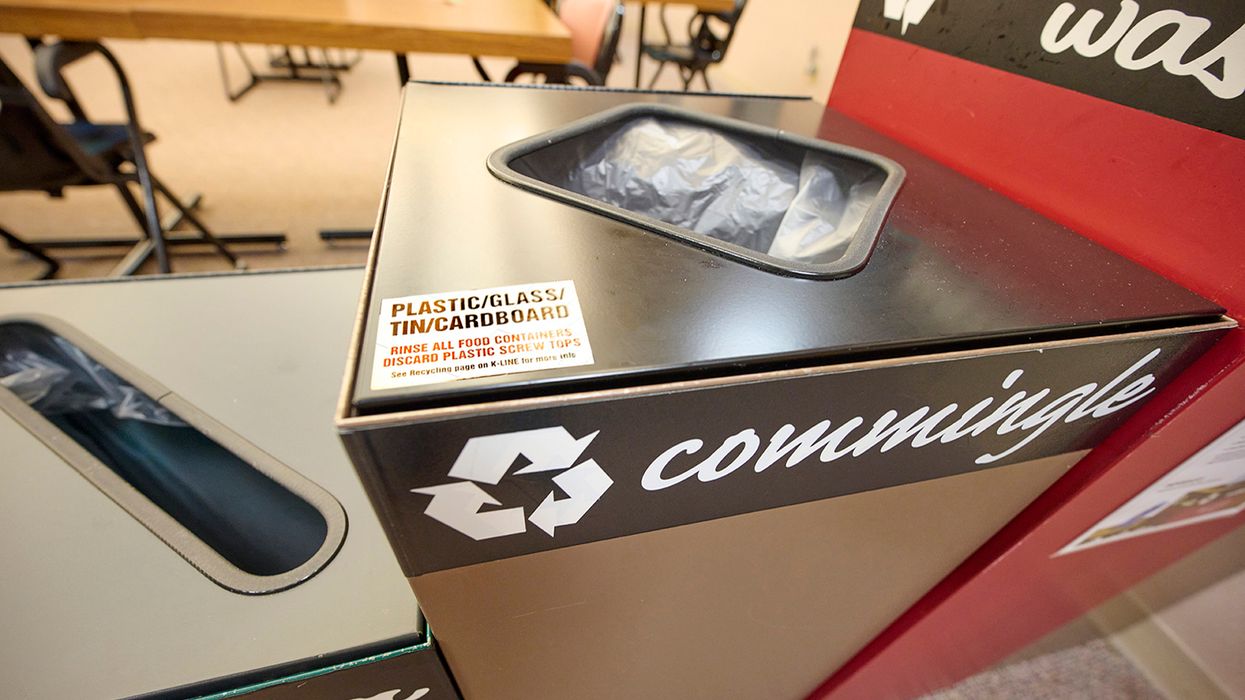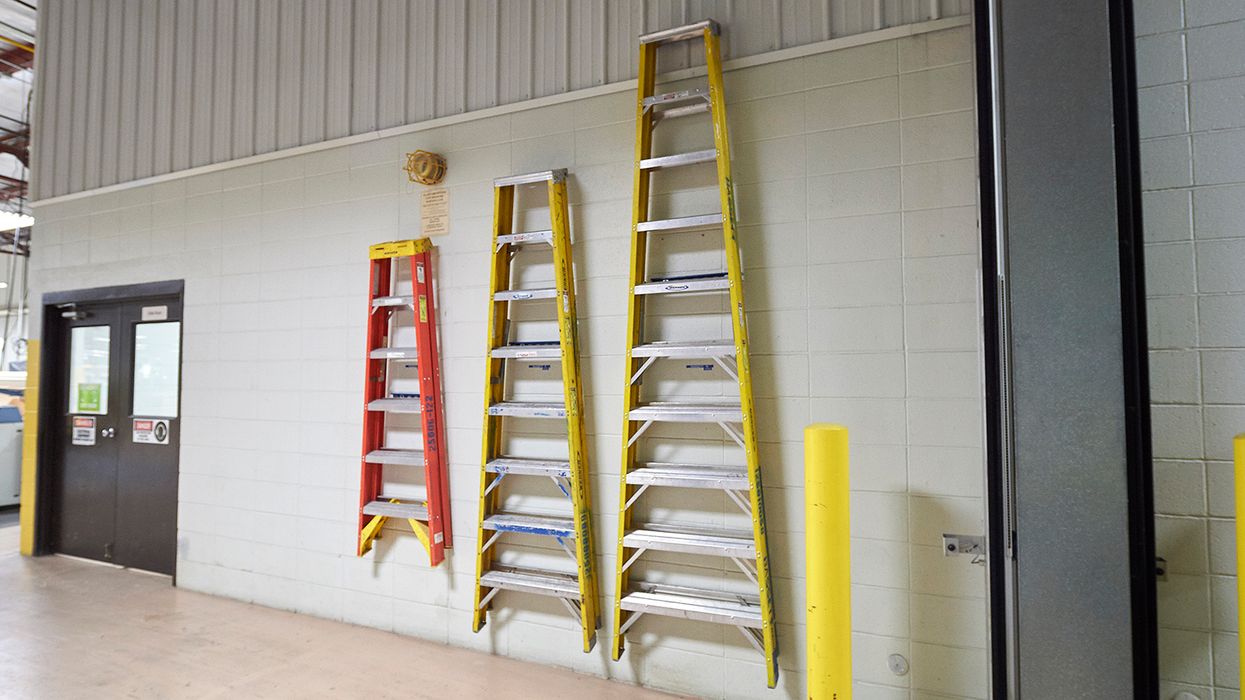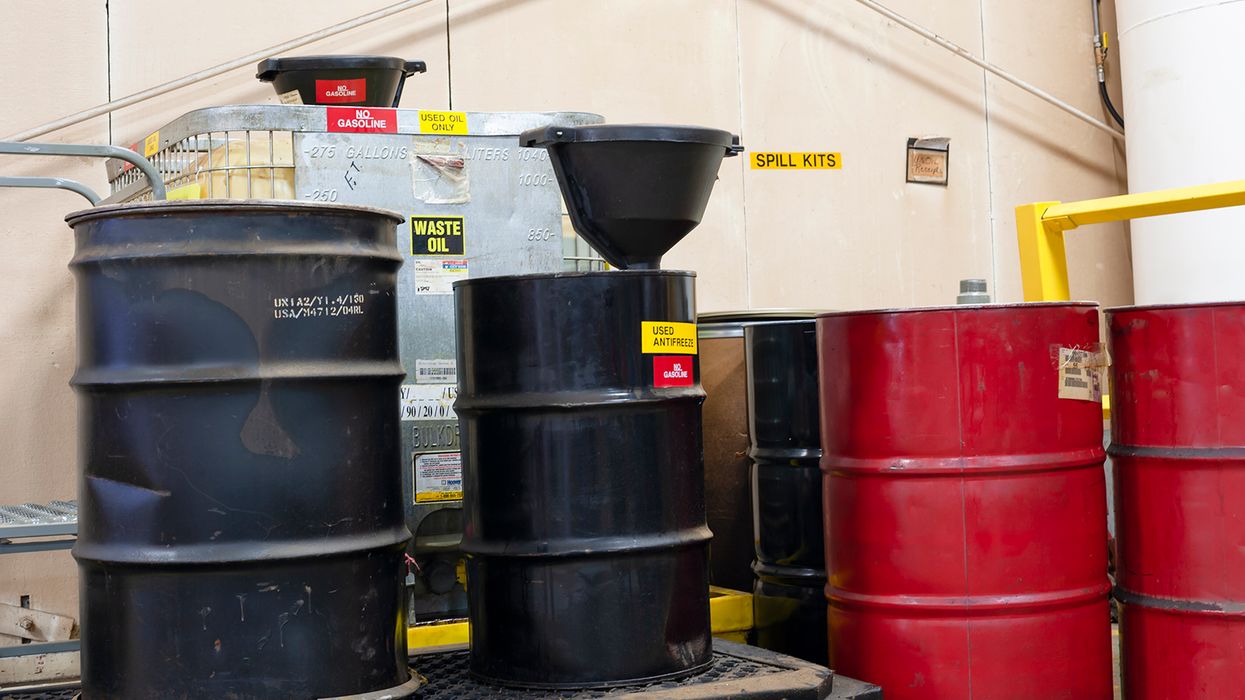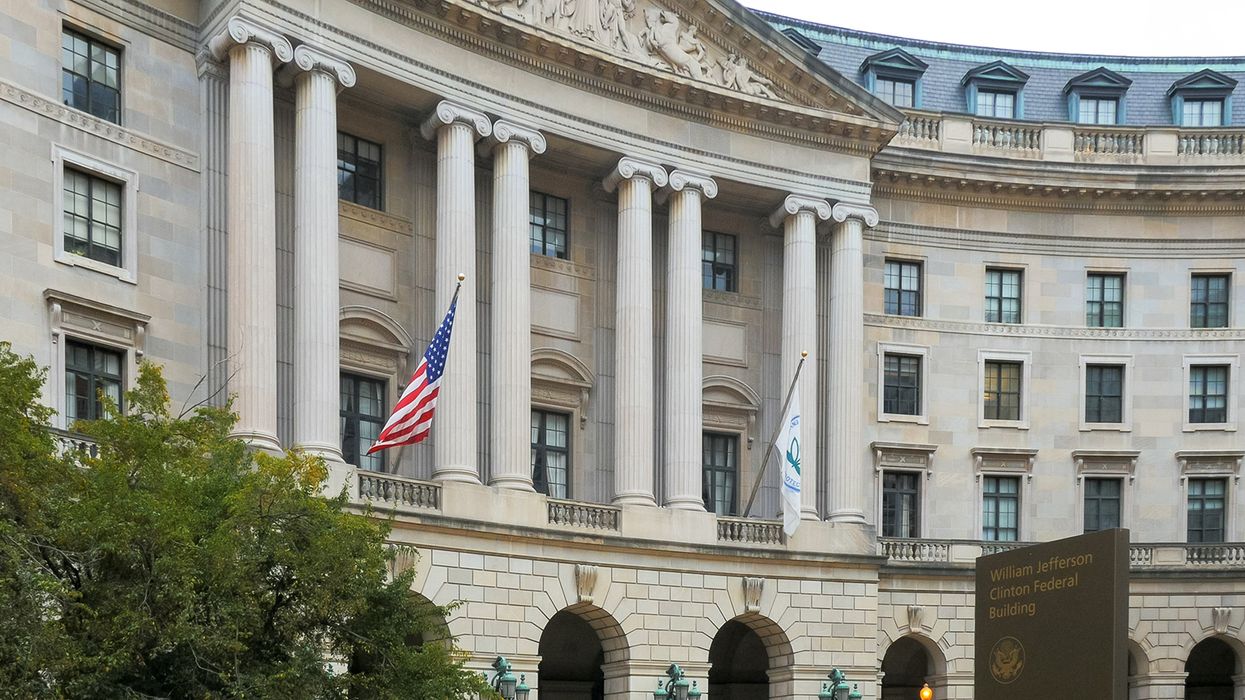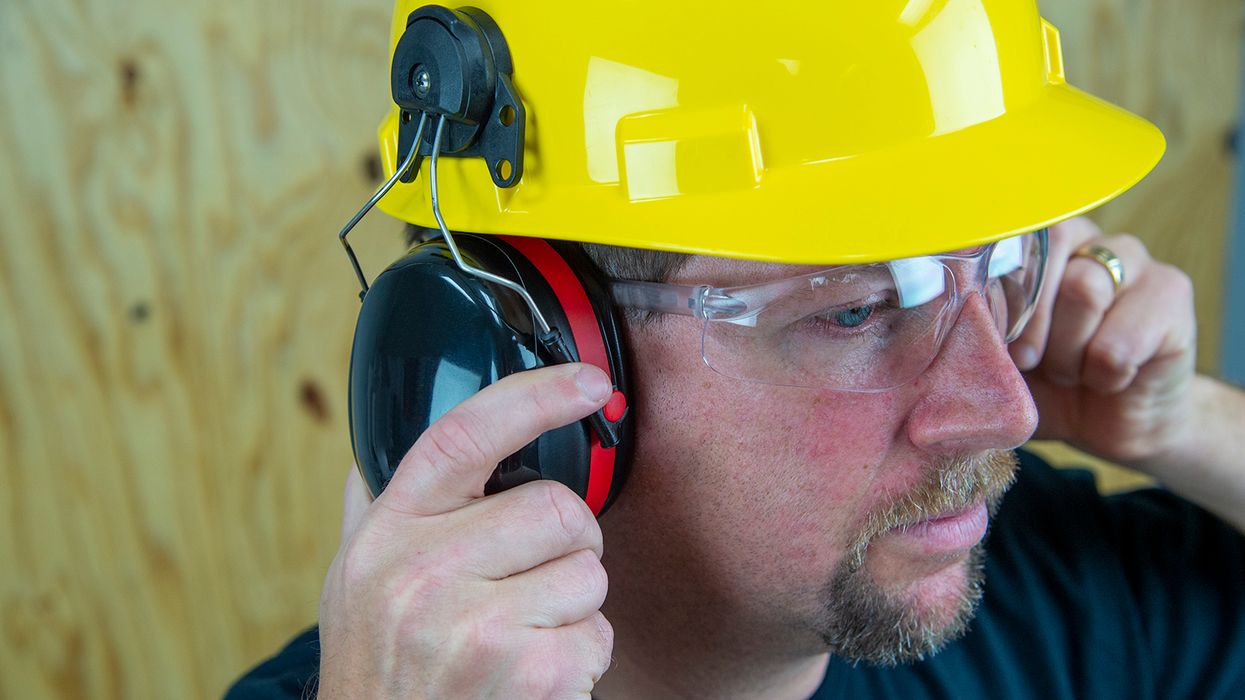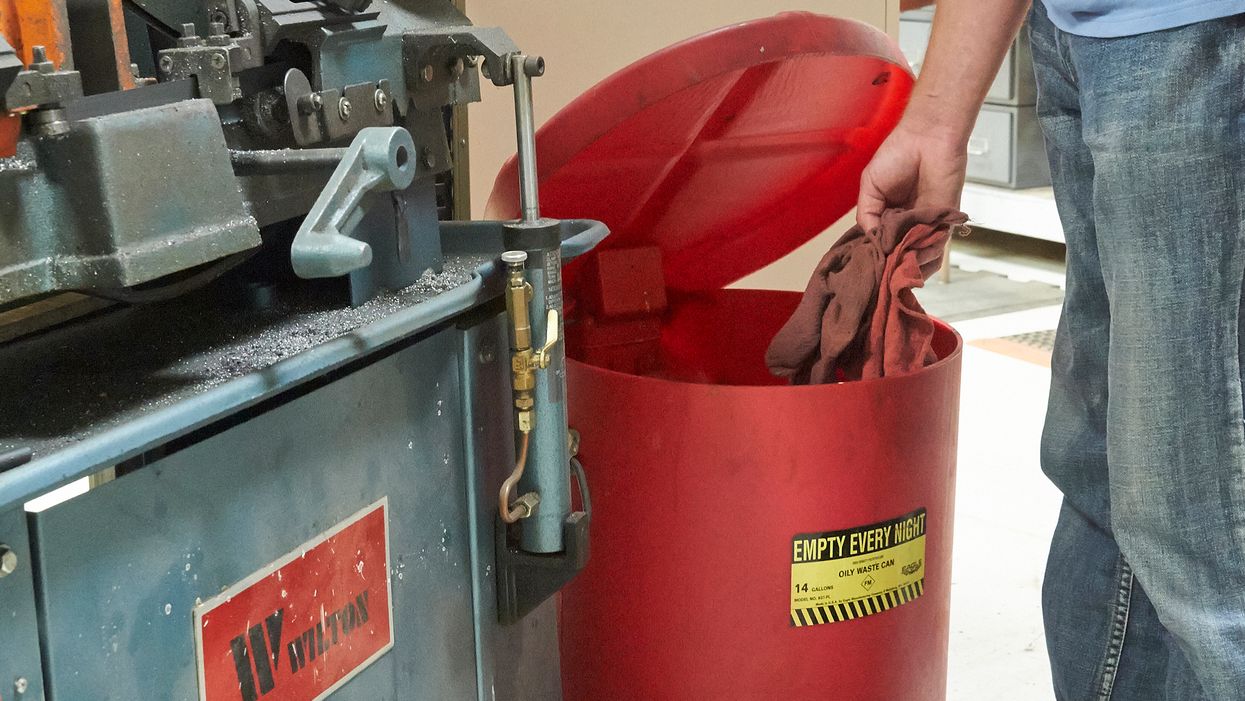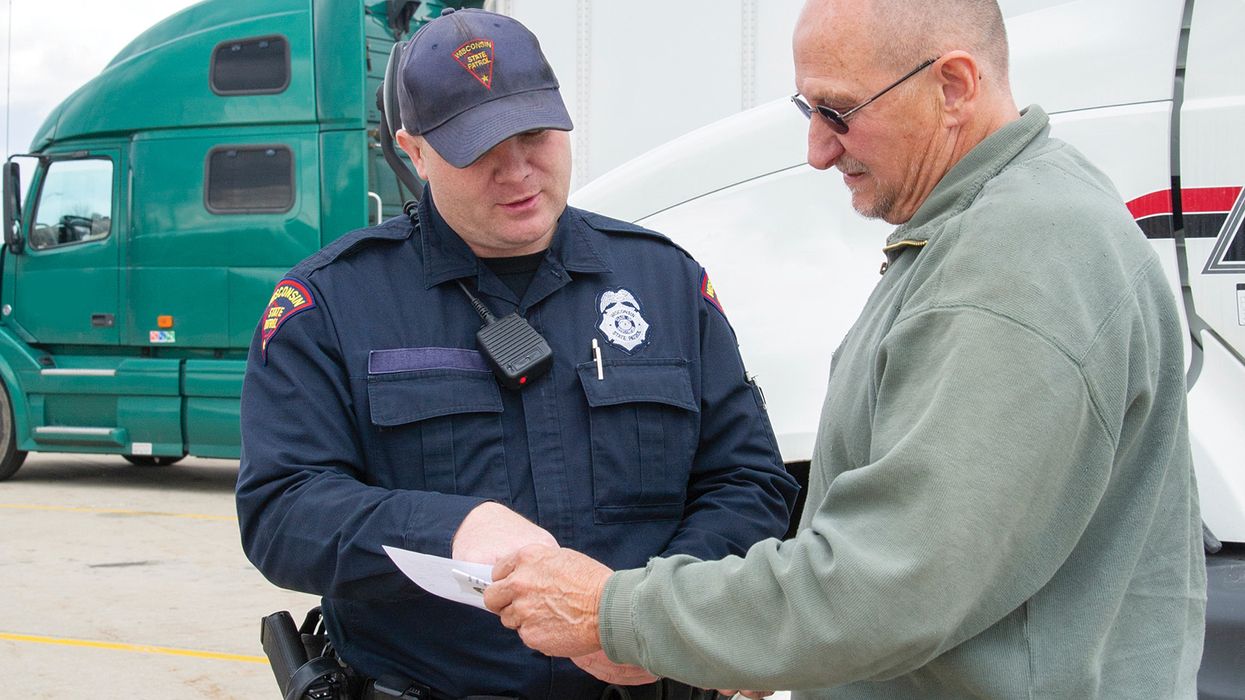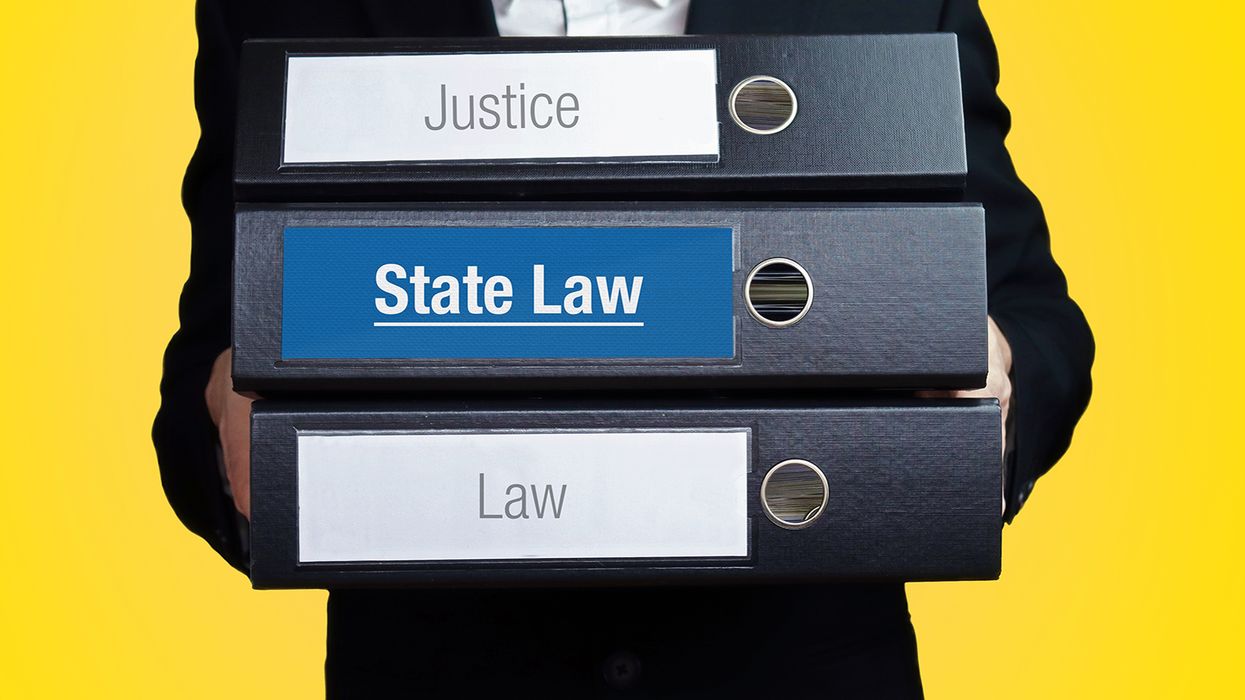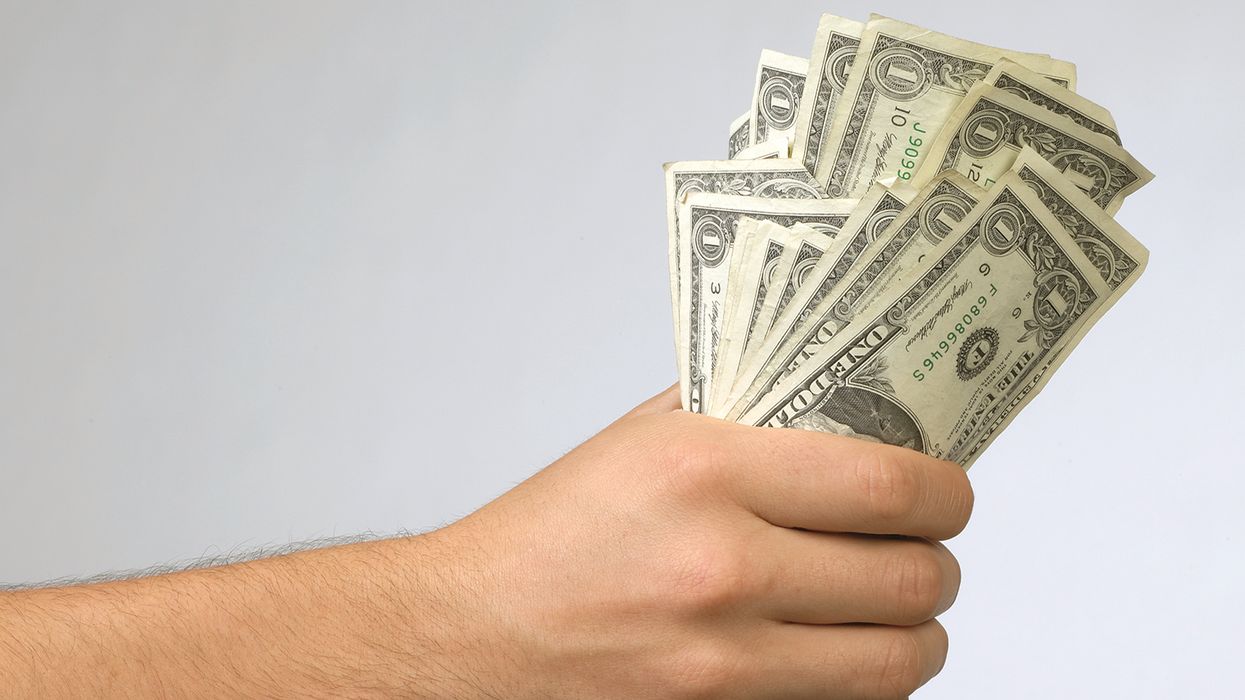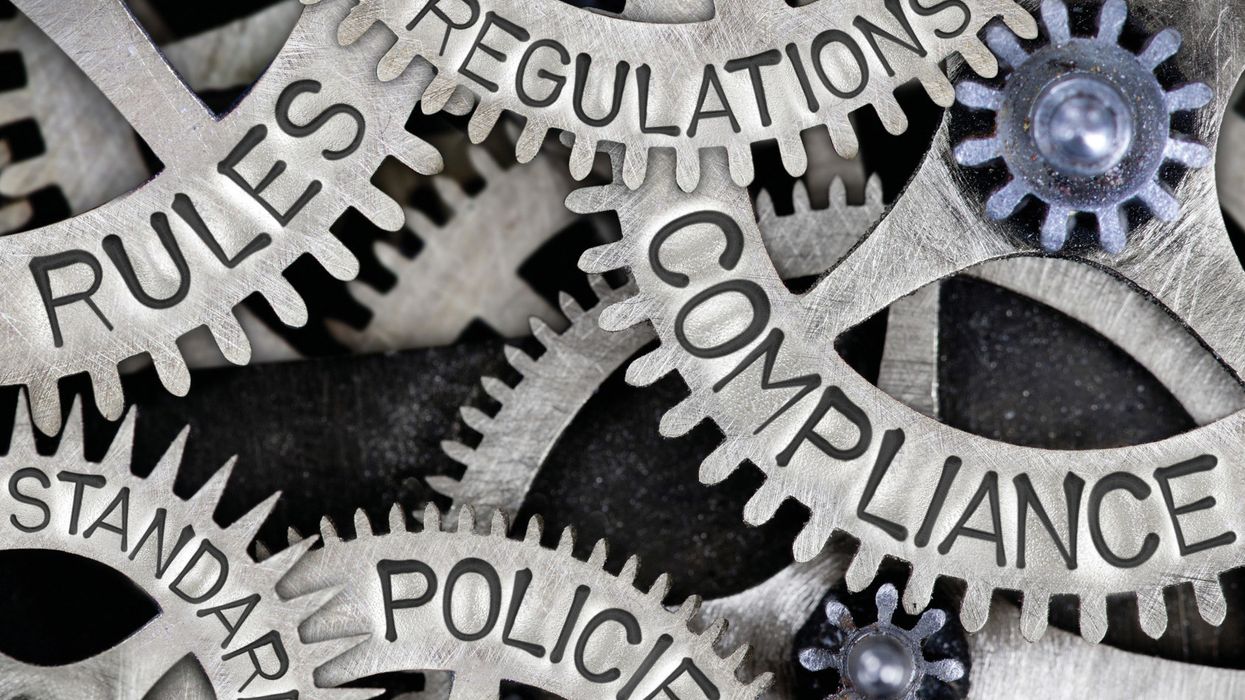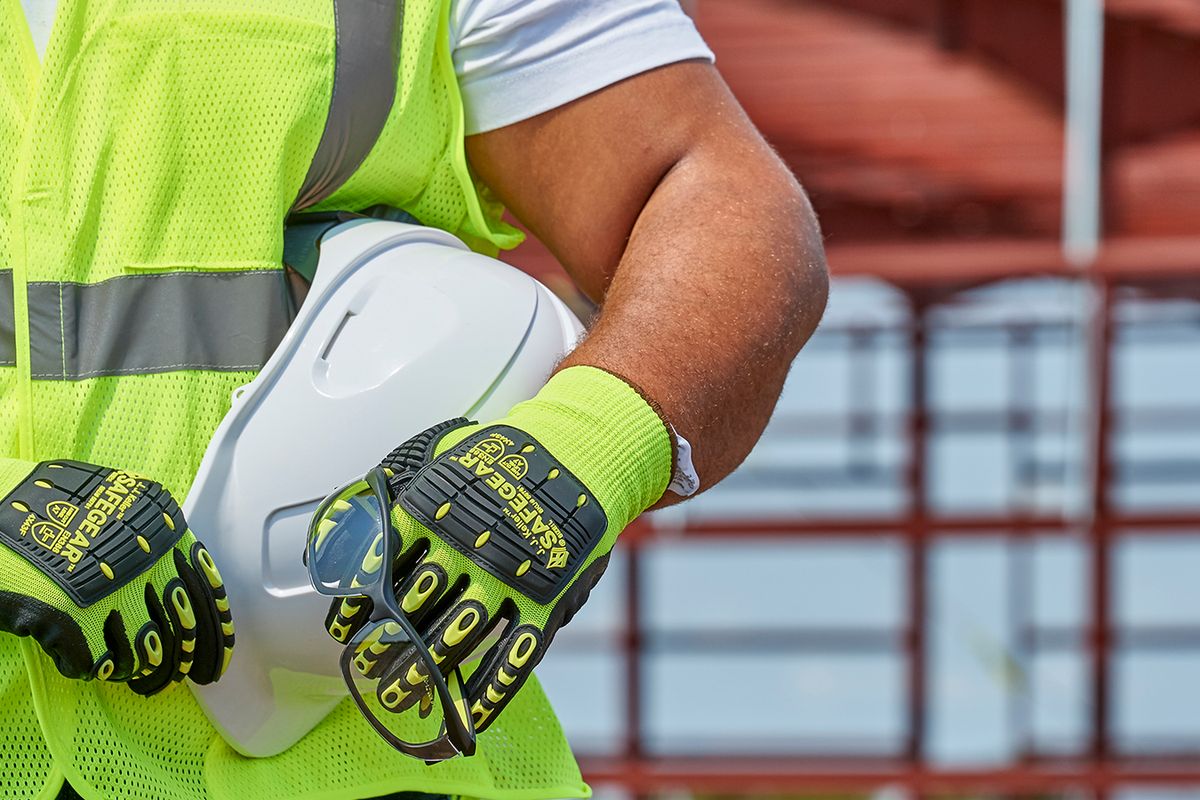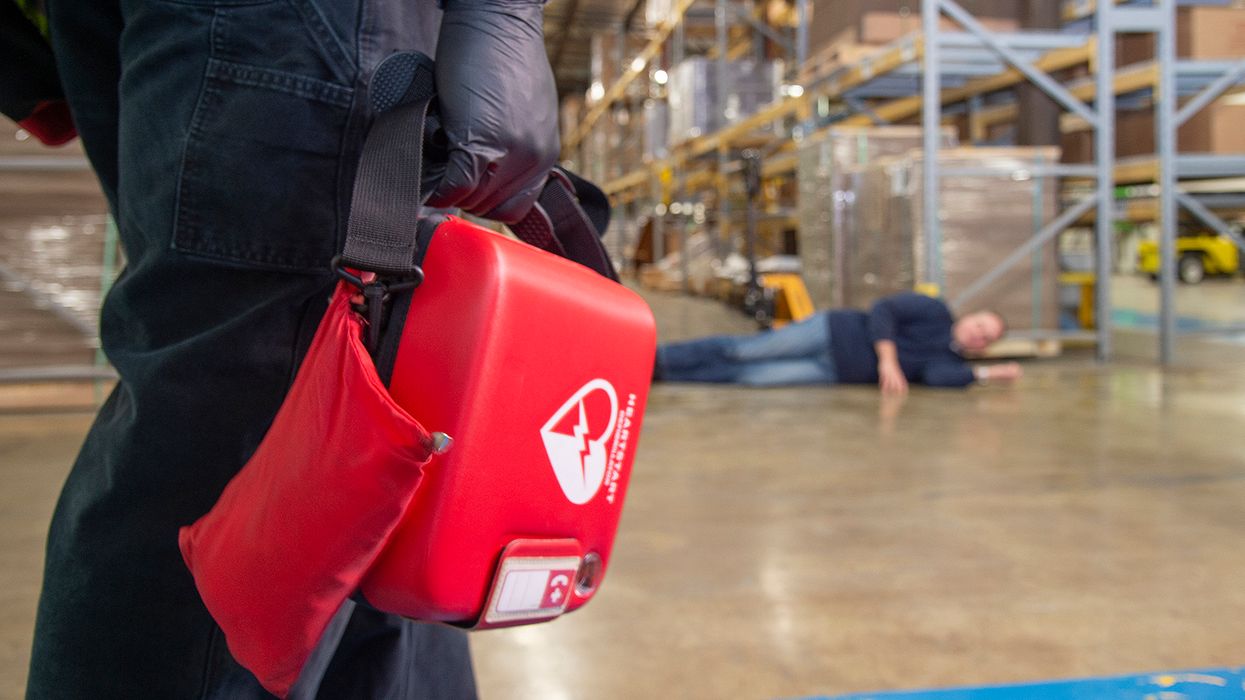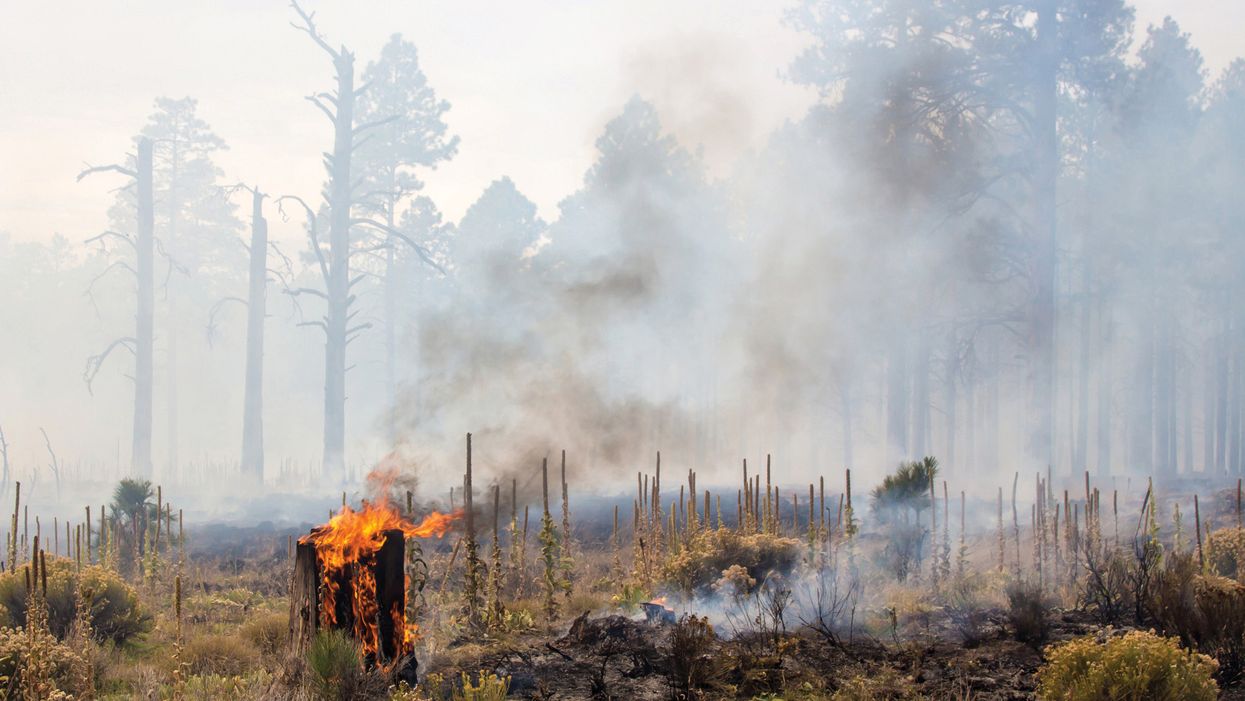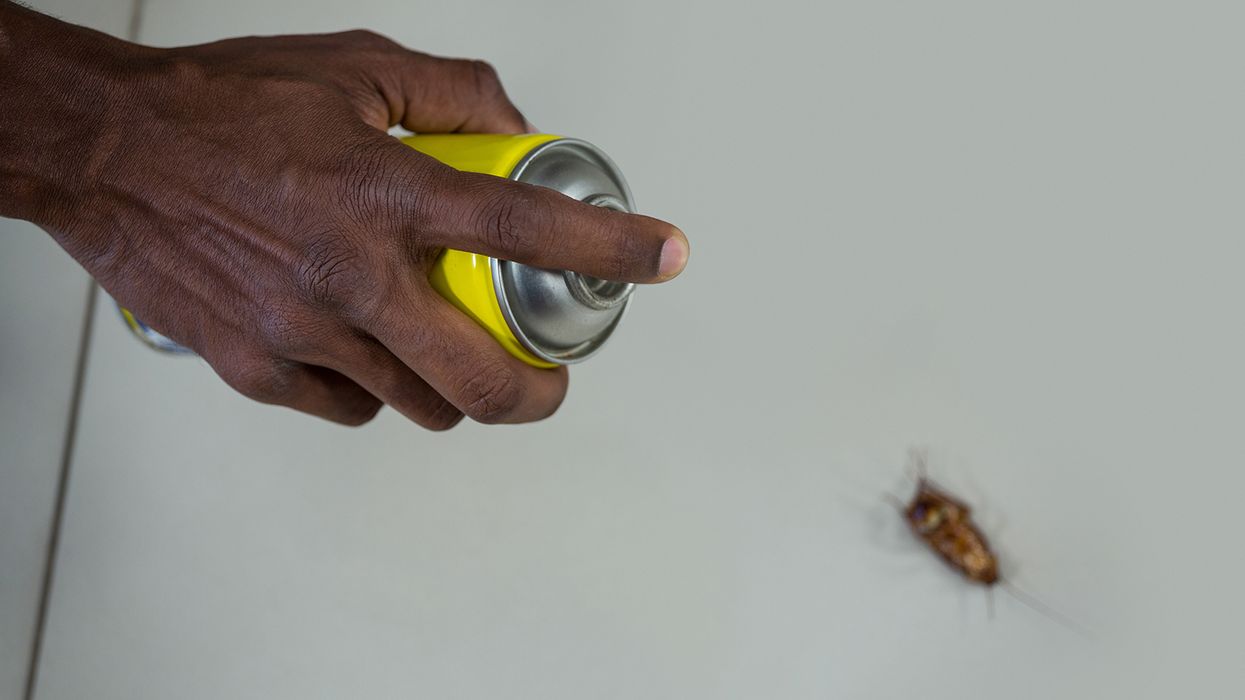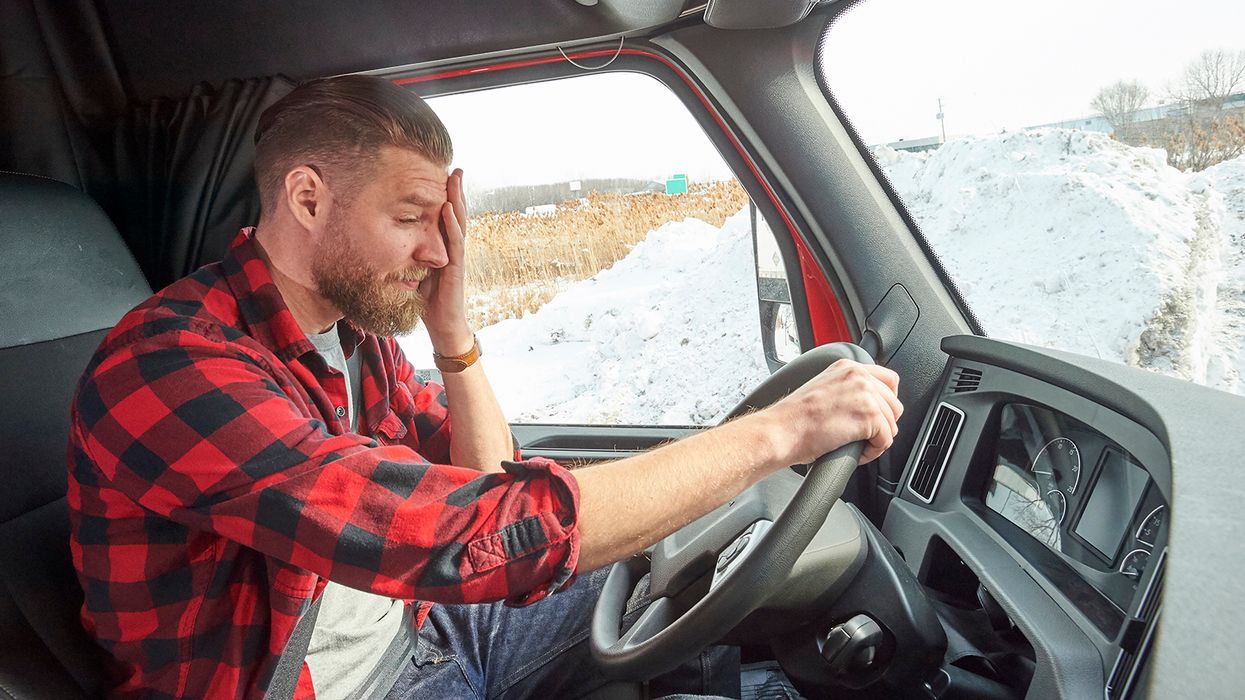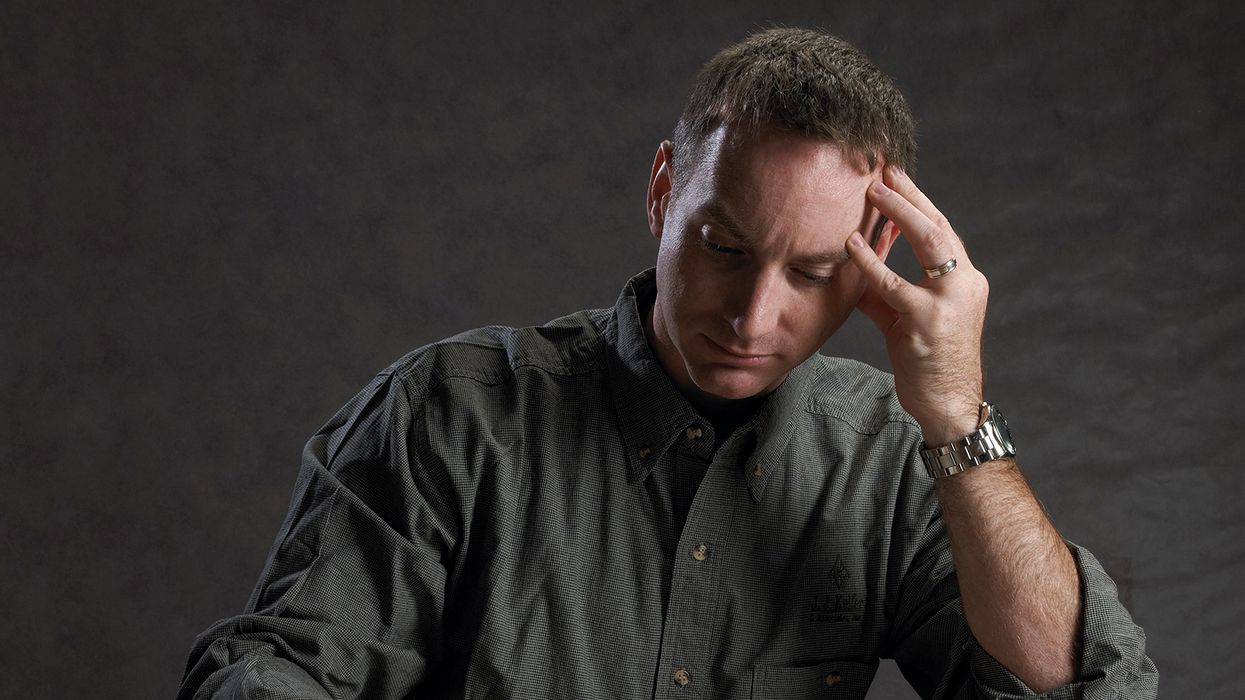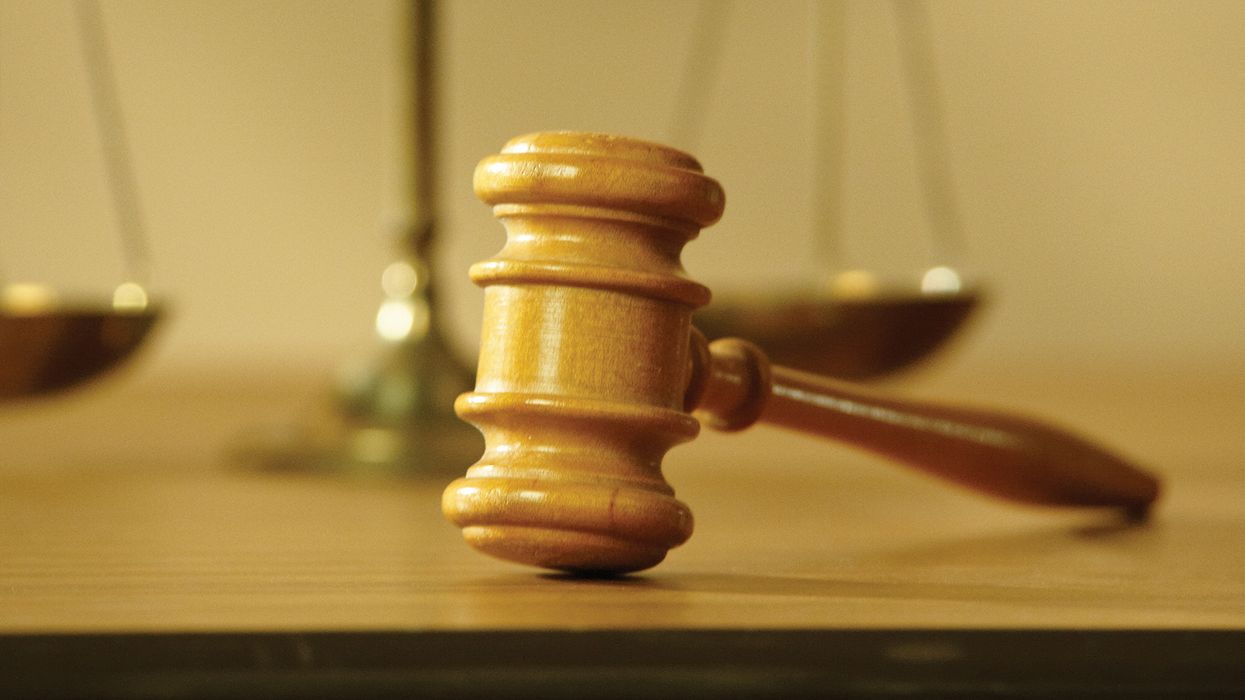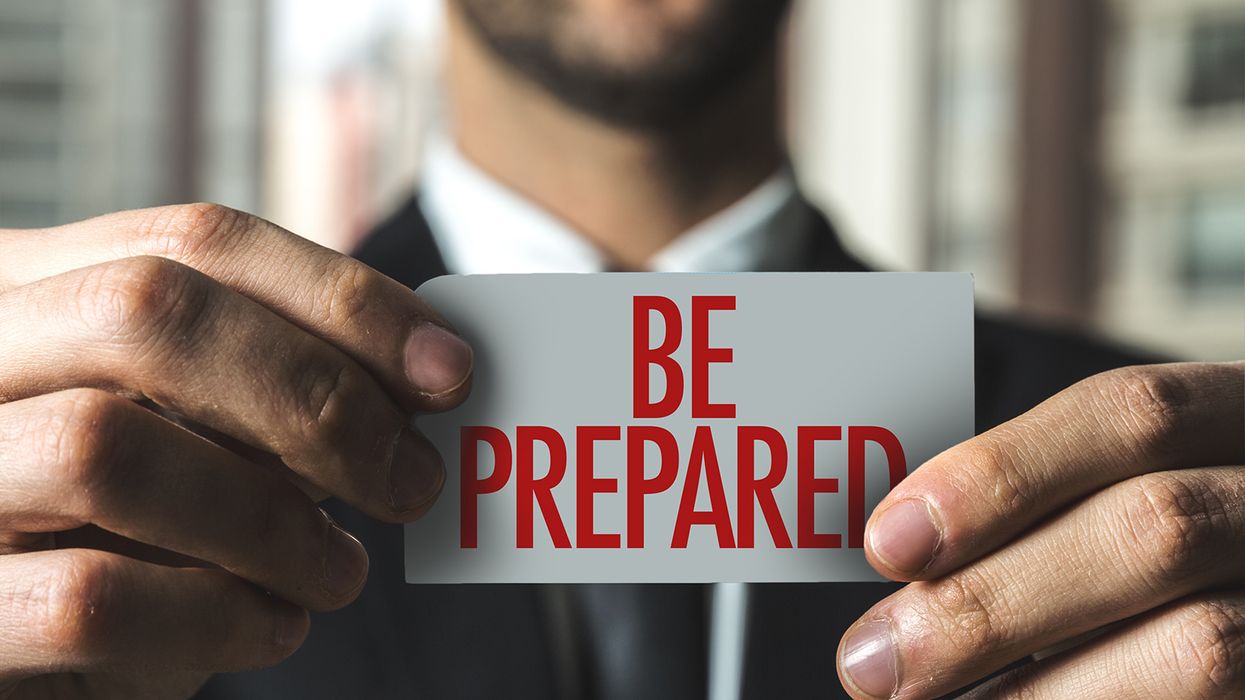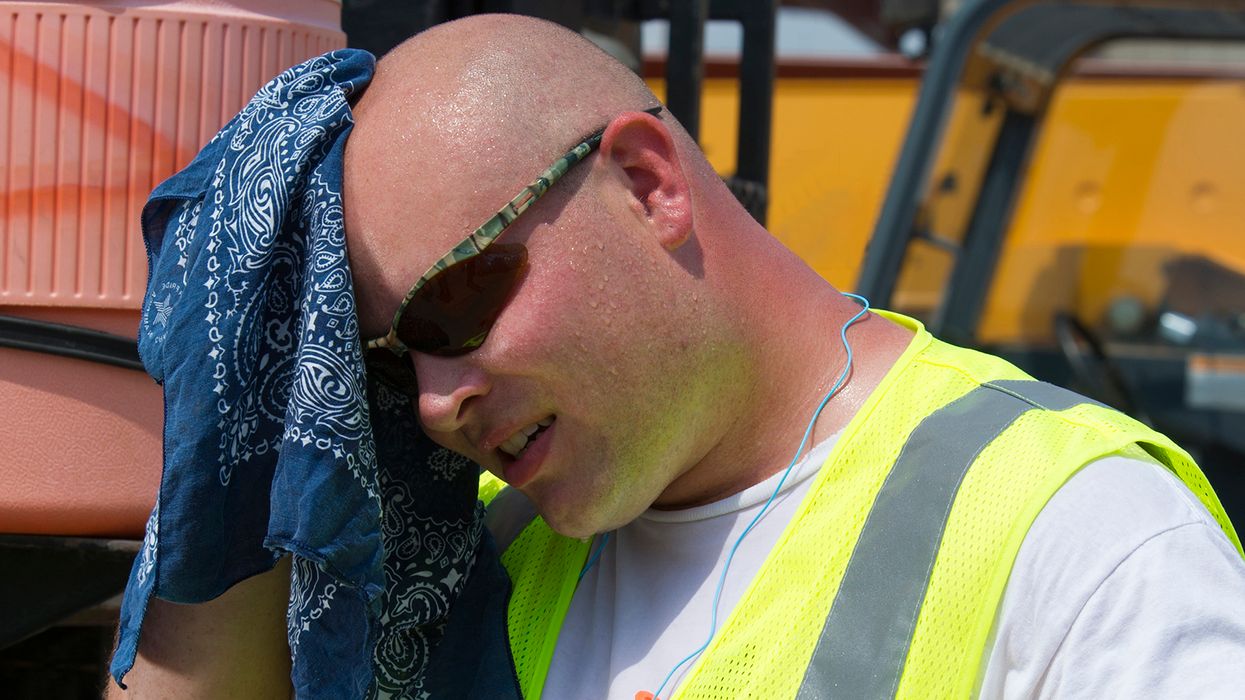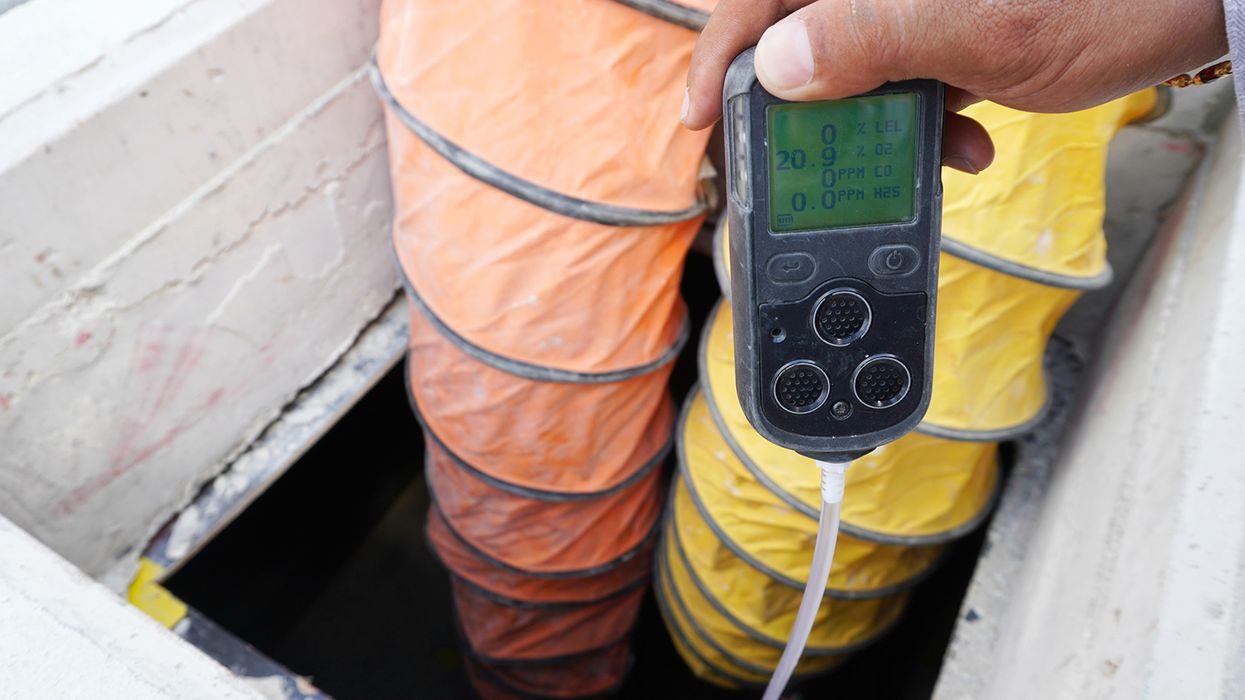Teeth grinding on the upswing
If you found yourself grinding your teeth during the pandemic, you were far from alone.
The American Dental Association reports that 70 percent of dentists saw an increase in the number of patients who ground or clenched their teeth during that time.
These conditions are often associated with stress and can cause serious complications. While occasional teeth grinding is not a problem, if done regularly it can loosen teeth or wear them down. This might bring the need for a crown, root canal, or dentures. Damage to the jaw can also occur.
Signs that you might be grinding your teeth
Because teeth grinding, also called bruxism, often happens when a person sleeps, you might not realize you have the condition. Signs that you might be grinding your teeth include:
- Dull headaches
- Jaw soreness
- Painful or loose teeth
- Fractured teeth
- Worn teeth
Guarding against grinding
If you are concerned about teeth grinding, consult your dentist. A dentist can examine your teeth for excessive wear, check for jaw tenderness, and help you find a way to protect your teeth.
These options can help shield your teeth from the negative effects of teeth grinding:
- Talk to your dentist about being fitted with a mouth guard, to be worn while you sleep.
- Use a warm washcloth to relax jaw muscles (place it in front of your earlobe).
- Try stress-relief techniques, such as meditation or exercise, or talk with a counselor.
- Reduce consumption of foods containing caffeine.
- Avoid alcohol and tobacco (people who drink alcohol or smoke are more likely to grind their teeth).
- Don’t chew ice, or anything that’s not food (including gum, pencils, or pens).
Why grind?
Teeth grinding can be caused by:
- Stress and anxiety
- An abnormal bite
- Teeth that are missing or crooked

